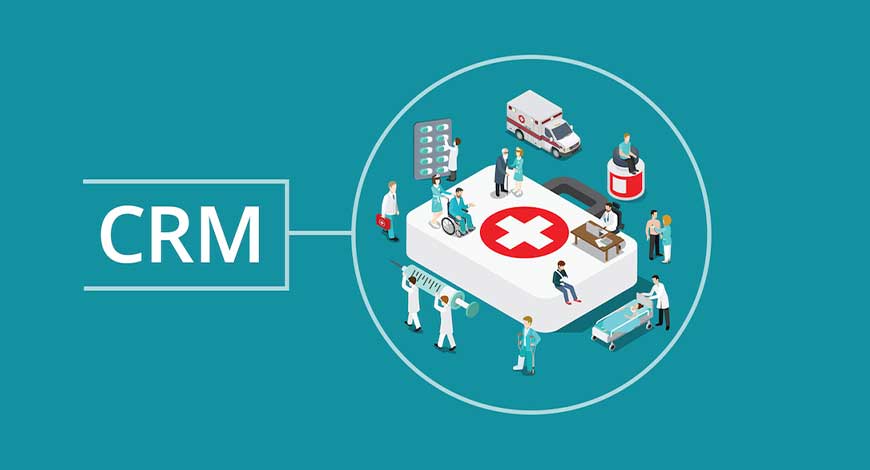Trends
CRM in healthcare market to grow by USD 8.01B from 2023-27

The global CRM in healthcare market size is estimated to grow by USD 8.01 bn from 2023 to 2027, according to Technavio. The market is estimated to grow at a CAGR of 8.85% during the forecast period. North America held the largest share of the global market in 2022, and the market in the region is estimated to witness an incremental growth of 53%.
Analyst review
In the dynamic healthcare market, CRM (Customer Relationship Management) solutions play a pivotal role in patient engagement and management for healthcare organizations. These systems facilitate effective communication between healthcare officials, staff, and patients, enhancing patient experience. Data mining of electronic health records, claims data, and consumer data is crucial for patient acquisition strategies. Brands leverage these insights to personalize their offerings, ensuring compliance with healthcare security regulations. Data quality is paramount, as inaccurate information can lead to medical billing errors and negatively impact patient care. Workflows in healthcare systems are optimized using CRM tools, streamlining processes and improving overall efficiency. Yina, Soltani, and Navimipour’s research in this area highlights the potential of CRM in revolutionizing the healthcare environment, making it more patient-centric and data-driven.
Challenges and opportunities
In the healthcare market, CRM implementation faces challenges such as high costs and interoperability issues with legacy systems, as noted by Soltani and Navimipour. Data mining through Social CRM can enhance data quality for healthcare providers and medical service providers, improving service and engagement in patient acquisition strategies. However, healthcare organizations must navigate healthcare security regulations, ensuring digital compliance and HIPAA compliance with medical bills, patient records, and consumer data. IS and PRISMA prioritize analytics for productivity and care outcomes, addressing data silos and inefficiencies. Personalized communications and patient-centric solutions enable engaging, productive care experiences for doctors and patients alike. Medical centers, hospitals, laboratories, and other healthcare systems benefit from electronic health records, claims data, and workflow analytics, ensuring privacy and compliance while enhancing patient care.
In the realm of healthcare, CRM (Customer Relationship Management) systems have emerged as a game-changer, following the footsteps of Hippocrates, the father of medicine. These solutions enable healthcare officials and staff to effectively manage patient engagement and relationships. Brands, including the iconic Apple, have adopted CRM to better understand patient habits and activities through patient profiles, which include demographics, social profiles, behavioral data, medical history, inquiries, locations, conditions, and more. Patients’ preferences, past diagnoses, language, ailments, family medical history, lifestyle choices, and medication history are all crucial data points that CRM systems help manage. Account management features offer loyalty points and rewards, while patient inquiries can be tracked through excel sheets, emails, texts, prescriptions, phone calls, and precautions. Physicians can access real-time patient information, including past treatments, previous doctors, and family history, to provide personalized care. CRM systems ensure privacy and security, safeguarding sensitive patient data. In the era of remote and virtual patient care, these solutions prove invaluable, offering flexibility, scalability, and cost-effectiveness. Technavio














